“It's startling to realize how narrowly we avoid, or miss, living radically different lives.” - Rachel Aviv
Have you ever wondered why your life worked out the way it did? Yes. You have. We all have. Why are some people a success? Other’s not so much? Why do some people with similar diagnoses, DNA, and environments have such different life outcomes?
I have wondered this throughout my life. It comes in waves. I asked a mentor once in art grad school if she could tell me who would become a famous artist. After 30 years of teaching, she still said she had no idea who would be able to make it in the art world. That she was always surprised. I think this is honest. I am dubious of people who think that they know things like this. Often, when we can account for our own bias, lack of knowledge, and mood, there are too many open variables to guess with any accuracy. (I know that Annie Duke would disagree with this. She argues that we have more information then we think we do.)
I grew up in a house where it was okay to be sad. At least those words were said out loud. I think that our house promoted other feelings in actions: for example, positively rewarding happy moods something very common in my generation, perhaps it still is. People in the family who were more beautiful, outgoing, and smart were met with interest. In some ways, you could argue this is a normal thing, that the feelings we put out attract like feelings, happy people attract happy people. But what about the people who are sad? Don’t they need love too? What can pull a person out of a sad spiral?
At the age of 10 I started seeing a therapist, at 15 I started on an SSRI. I was diagnosed with depression and anxiety. To this day, I am kinda unsure where they each end and begin. As I now understand it, I think I have anxiety that turns into guilt, which turns into depression. And it could pop up, or manifest like a chronic illness at any time. Being turned on almost by stimuli that I can never really fully understand.
And I am lucky. I somehow was able to keep living. Through processing all these uncomfortable emotions, and make it through the hard parts of my “illness.” That with a flip of a coin, things could have been so different. I know this. And if I think too hard about it, I falter. That dark area gets closer. There is always some amount of active avoidance of the pointlessness of it all that I need to function.
In Rachel Aviv’s book, Strangers to Ourselves, Rachel meets a woman who is seemingly on a parallel path to her. They are both young, from similar backgrounds, and are being treated in an inpatient program for anorexia. Rachel's institutional moment becomes an anomaly and for some unknown reason, Hava’s becomes chronic. After years go by, Rachel seeks out Hava only to find out she is no longer living. Hava has spent most of her life battling her anorexia. The mystery of their tangled lives and possibilities is poetic.
Context is everything. Each situation is different. There is not a catch-all. There is not one solid definition of mental health that everyone agrees on. At a time when most people I know have some experience with anti-depressants, without creating a false nostalgia, is life that much harder now? That we have to drug ourselves to get through each day? (I do.)
I pathologize stories of mental illness that are deeply personal and situational. I am human and I like simple explanations. I contort my mind into shapes that it can fit in within an “evidence-based” medical system. One answer or explanation feels so good when opposed to the truth that we don’t have any answers. And all systems of understanding have some truth to them.
But what if mental illness is also a reflection of our community? The good, the bad and the ugly?
We are afraid to talk about these things because they might become contagious, and we should be afraid to an extent. I feel it when I am with someone who is deeply in pain. But what if we need to talk about it as a community to feel better? To repair the pain that we have caused. I don’t have any answers. But I am searching for some real feeling even while being aware that realness can never really exist.
Sending softness and care your way, love always, Carissa
PS This podcast is self-funded by me. Because I love talking to people who I believe in, I am so lucky they say yes. With help from Stephanie Tsou (you rock!!!), Mark McDonald (he helps make people’s podcast dreams a reality) and my lovely sister/soulmate, Officially Quigley did the music.
“The philosopher Ian Hacking uses the term “looping effect” to describe the way that people get caught in self-fulfilling stories about illness. A new diagnosis can change “the space of possibilities for personhood,” he writes. “We make ourselves in our own scientific image of the kinds of people it is possible to be.”
— Rachel Aviv




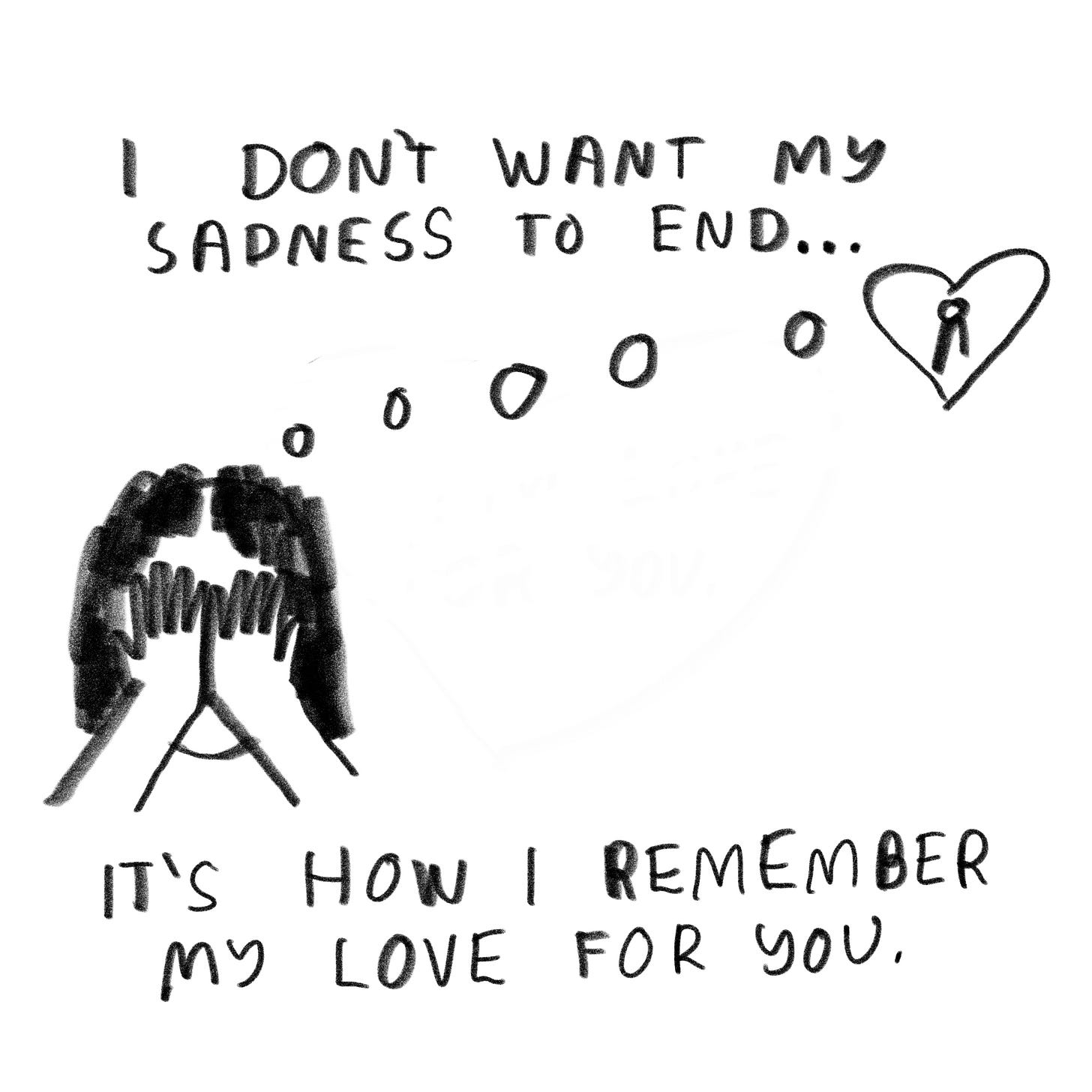
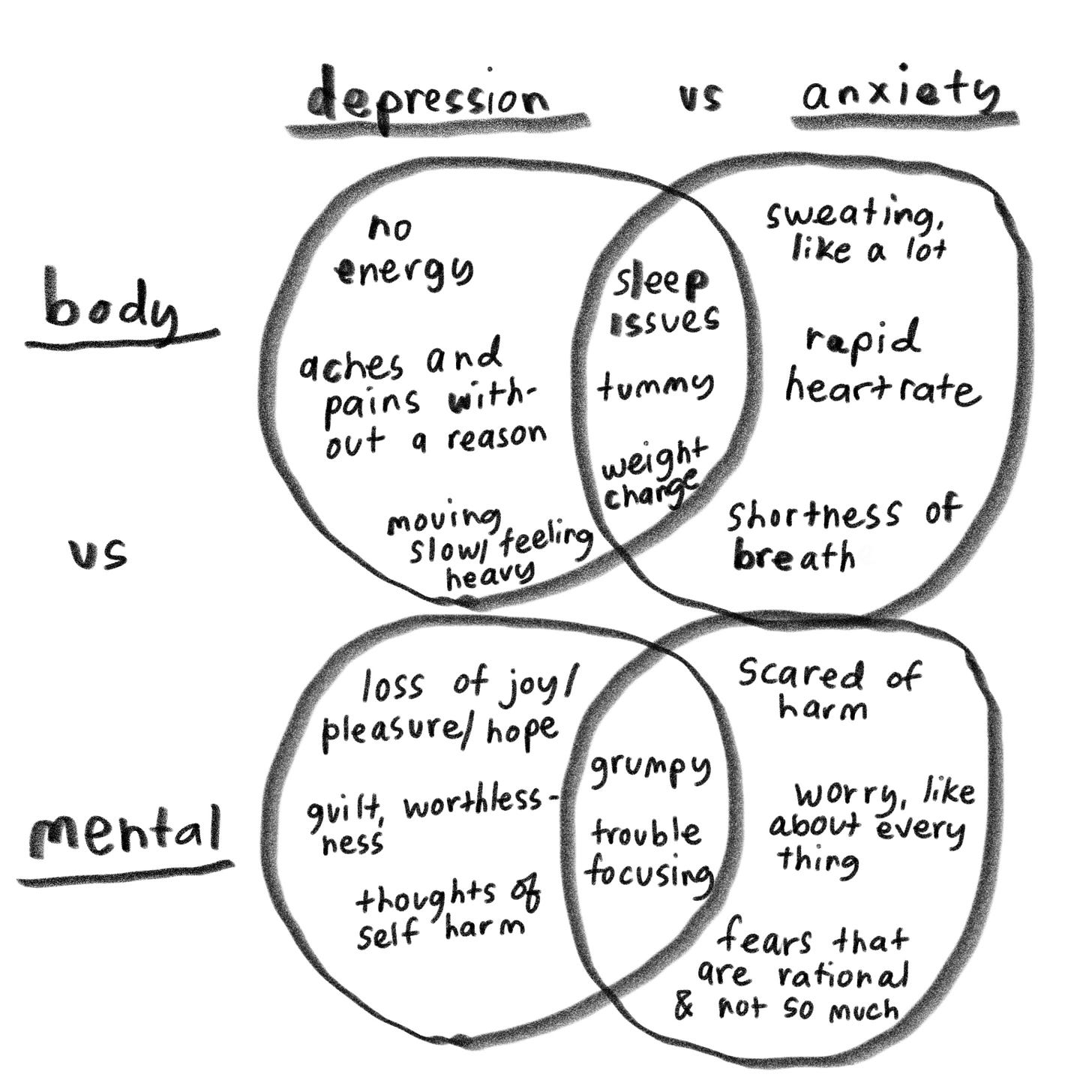
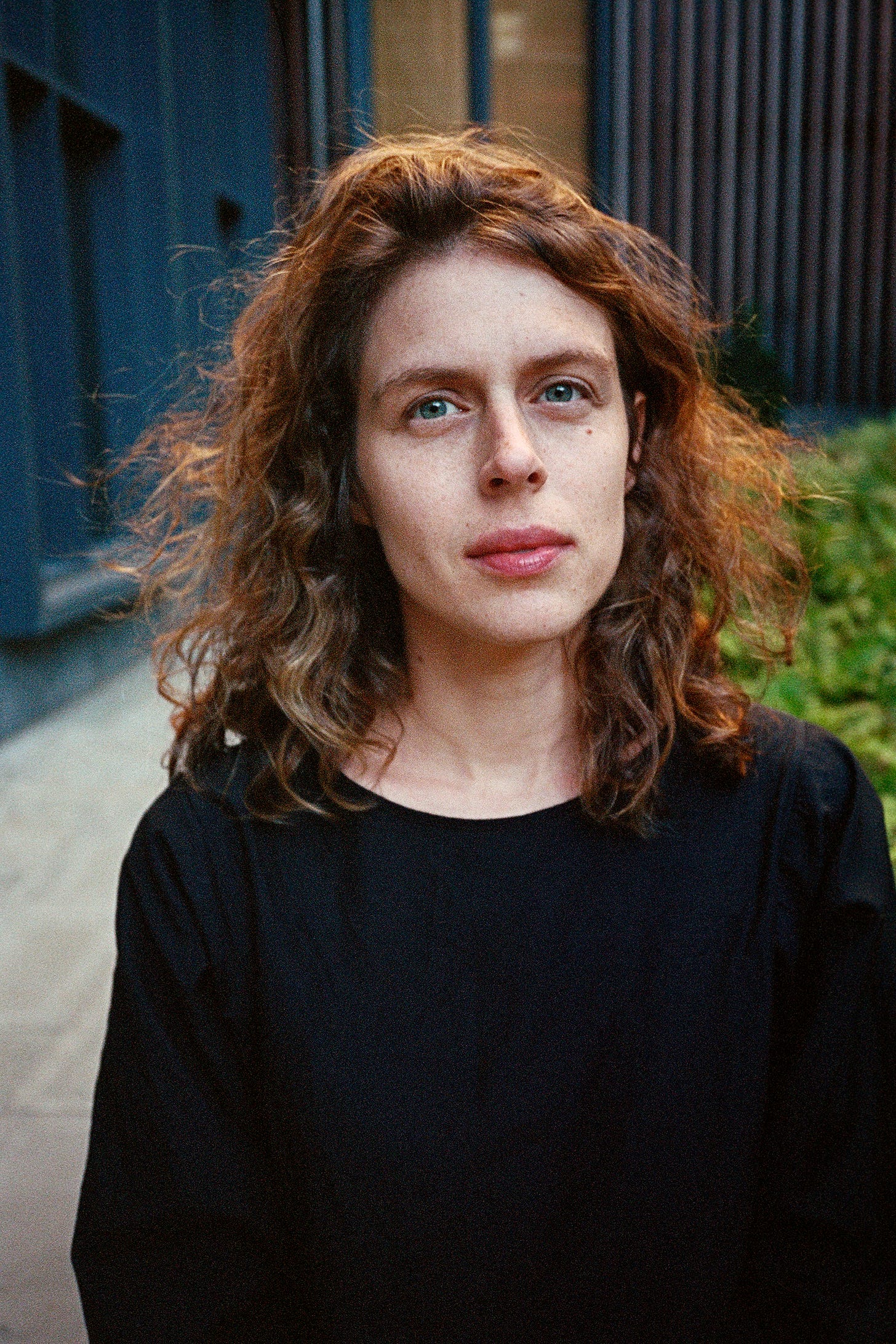
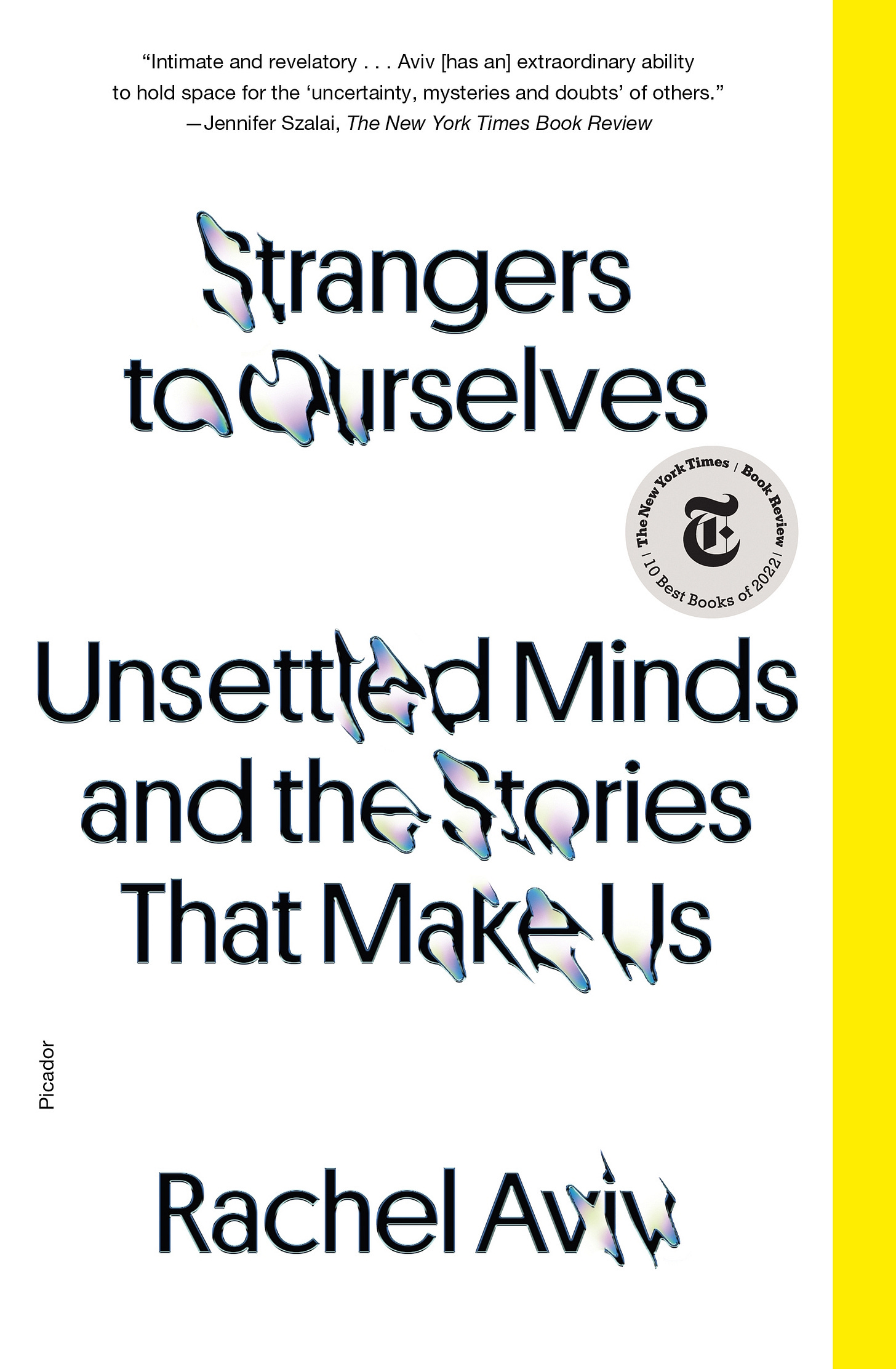








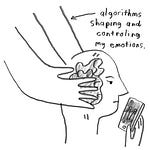

Share this post